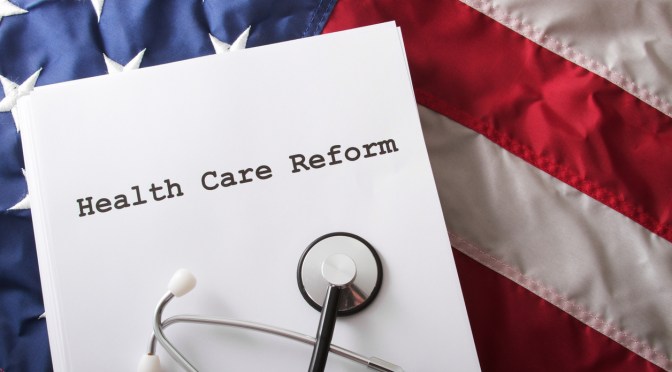The bipartisan way lawmakers are trying to improve healthcare

The bipartisan way lawmakers are trying to improve healthcare July 13, 2017
Today’s healthcare environment has been referred to as a debate over money rather than a discussion of the actual quality of healthcare. In fact, many of the most contentious points of the Affordable Care Act (ACA) and its potential replacement focus on patient payments and insurance reimbursements. Author Adam Davidson, writing recently in The New Yorker, points out that there has long been a bipartisan solution that actually contributes to the improved quality of healthcare itself.
Capitation is, in Davidson’s words, “an ungainly name for a system in which a medical provider is paid a fixed amount per patient.” The payment is typically made monthly or annually and covers all the services a patient would need over that period of time. The system of capitation payments has been around for many years and enjoys bipartisan support. Even though the cost of healthcare has not been a topic of much political discussion, the payment structure itself is changing.
Today, there is bipartisan support for moving away from a fee-for-service system. The ACA created the Center for Medicare and Medicaid Innovation, which was charged with exploring alternative payment systems. Value-based payments have since been adopted by the Centers for Medicare and Medicaid Services (CMS) as an incentive for providers to focus on the quality of the healthcare they deliver rather than the frequency with which they see their patients.
Whether payment for a patient’s healthcare services is made through a capitation system or reimbursed with value-based payments, lawmakers are recognizing that these types of payment structures do contribute to improved patient outcomes. There are incentives on the physician side, in particular, to focus more on healthcare quality and less on multiple visits and procedures. Physicians are also better able to manage their practices efficiently with known revenue streams.
The costs of healthcare itself could potentially be reduced with value-based or capitation payments. Patient visits can become more effective and more efficient. Most importantly, the quality of healthcare itself can certainly be improved with these bipartisan moves.






